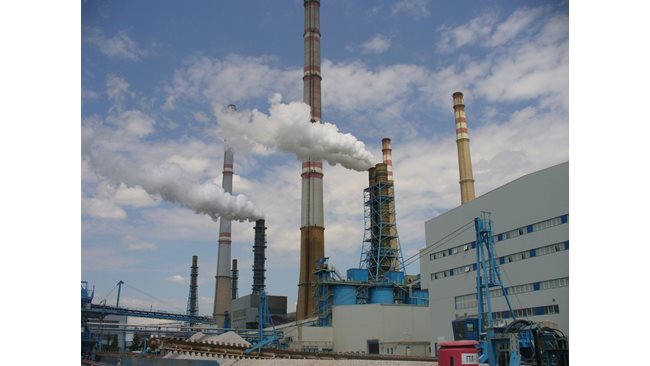–
–
Three units operate in TPP “Maritsa East 2”.
–
The Prime Minister Stefan Yanev announced in the Parliament that the crisis with the rise of the stock market has been controlled
With three units, one of which operates for a regulated market and two for the free market, the state-owned TPP Maritza East 2 lowered electricity prices on the stock exchange. Sales of basic electricity (from 1 to 24 hours) with a delivery day on August 6 fell to BGN 223.53 per megawatt-hour, at peak (from 9 to 20 hours) – to BGN 283.44. the state power plant was 563 megawatts, real-time data showed.
After the shock rise in prices on the free market on August 4 to BGN 330, and in some hours – up to BGN 400, the business responded with a letter to Prime Minister Stefan Yanev, requesting restrictions on exports and the release of units in the state heat. The four major employers’ organizations even threatened protests and asked why the state-owned plant did not sell electricity on the stock exchange at such high prices.
On Thursday, lawmakers heard the prime minister in parliament. Former Energy Minister Temenuzhka Petkova said the energy is on autopilot and the cabinet is not doing its job.
Yanev explained that on Sunday the Ministry of Energy held talks with the management of TPP “Maritsa East 2” and a unit was put into operation for the free market. A day later, another block was set on fire. The crisis is under control, he said.
Three units are currently in operation, a fourth is ready to be put into operation, but since its electricity could not be sold on the stock exchange, it is not on fire. And while the state-owned power plant was delaying the commissioning of its units, electricity was produced by TPP Bobov Dol, as well as TPP Varna.
Due to the floating prices of carbon emissions, the state-owned tec cannot flexibly determine the prices at which to sell, experts explained. On Wednesday, the Bulgarian Energy Holding clarified that it has signed a framework agreement with TPP Maritza East 2, which sets carbon prices for the next three months. BEH has hedged issues, which it sells to Teca at a fixed price so that the plant can operate safely.
Another obstacle is that if she sells electricity below the limit set by the EWRC, the price of BGN 220.83 per megawatt-hour, she can be charged with manipulation and trading below cost. Experts comment that this problem can be solved by order of the Minister of Energy, whose task is to manage the electricity system.
The reasons for the peak electricity prices are the heat and the exports to Greece, which buys regardless of the price to provide electricity in its resorts in the middle of the summer season. It is also commented that Bulgaria has made a market union on the stock exchange with countries with traditionally the most expensive electricity such as Greece and Italy, the union through Romania with Hungary is expected, which will probably lead to balancing prices.
But electricity is not expensive in the whole of Europe – in France the price with delivery for August 6 is 18.8 euros, and in Belgium it is 23.43 euros. In the Balkans, however, quotes are high – 161.28 euros in Romania and 130.83 euros in Greece.
– .


